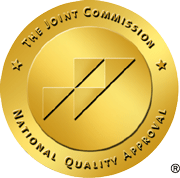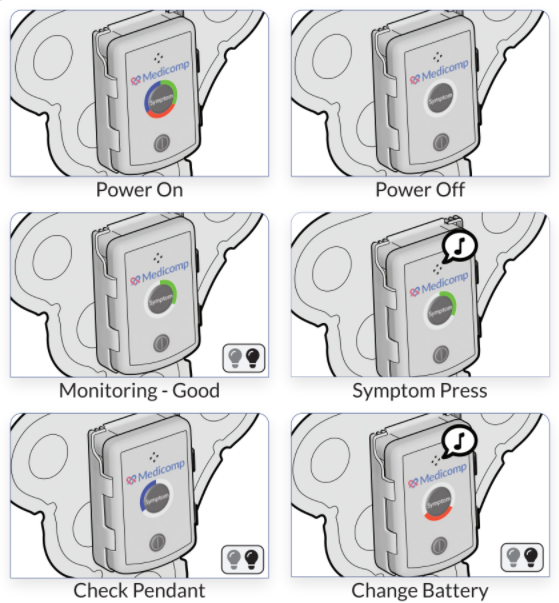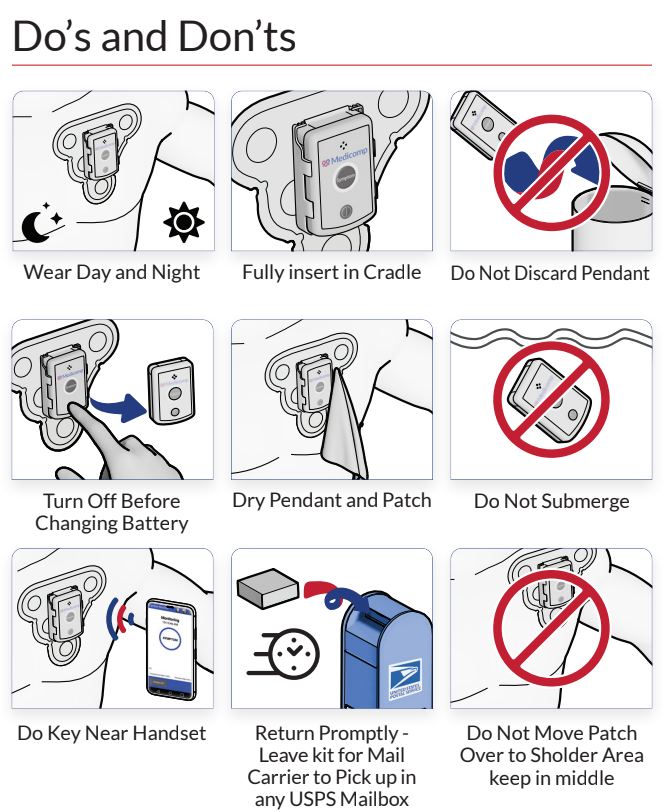A normal course of action in the battle against atrial fibrillation (AF) is treatment with oral anticoagulation drugs. Although this decreases the risk of stroke, it elevates the possibility of both internal and surface bleeding. Cardiologists and investigators Dr. Ziad Hijazi, Jonas Oldgren, and Lars Wallentin of Uppsala Clinical Research Center at Uppsala University in Uppsala, Sweden, recently published a study in The Lancet in which a personalized biomarker-based tool offered treatment in stroke prevention with nominal bleeding complications. ReactDx’s line of portable cardiac monitors can determine the likelihood of heart disease such as atrial fibrillation; we are excited to share this stroke prevention information with you.
What is Atrial Fibrillation?
Atrial fibrillation affects approximately 3% of the population in the United States. Because it is more prevalent with age, the number of patients diagnosed with atrial fibrillation is increasing as the population matures.
The Treatment of AF
Stroke is frequently preceded by atrial fibrillation. Oral anticoagulants are often prescribed to counter the effects of a stroke. Unfortunately, this method may lead to an increased risk of bleeding. Blood biomarkers give a more complete picture of either bleeding or stroke in patients suffering from atrial fibrillation than traditional clinical characteristics. Combining blood biomarkers with clinical characteristics greatly reduces the risk of stroke as well as bleeding. Improvement and deterioration are both more easily tracked through blood biomarkers, thereby enhancing treatment and further complications.
The Trial
This widespread atrial fibrillation/stroke trial encompassed more than 20,000 atrial fibrillation patients in two separate trials. The blood biomarkers tracked were hemoglobin, NT-proBNP, troponin, and GDF-15 or cystatin C and were obtained via blood plasma samples from each of the participants. The Age, Biomarkers, and Clinical history (ABC risk score) was utilized for this clinical study and is currently available as a web-based instrument for calculating stroke risk.
For the latest cardiac studies, contact the portable cardiac monitor professionals at ReactDx by calling (800) 23-HEART (234-3255).



